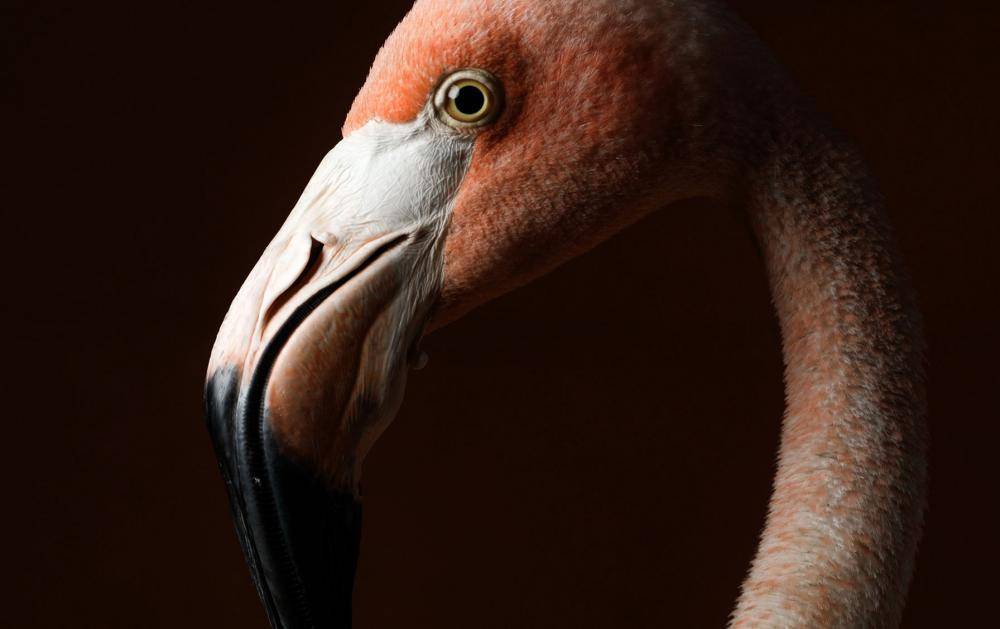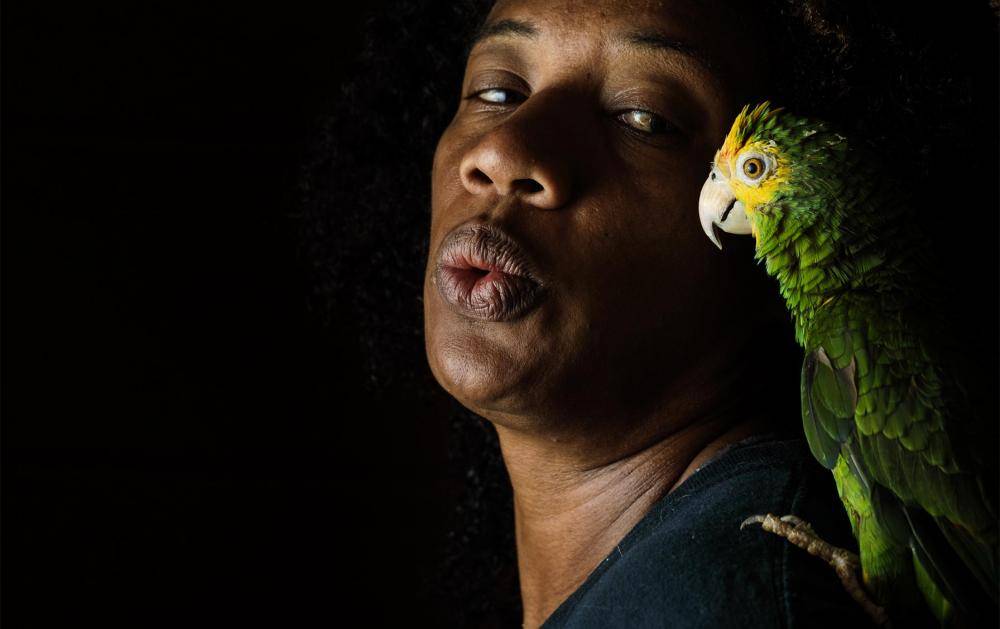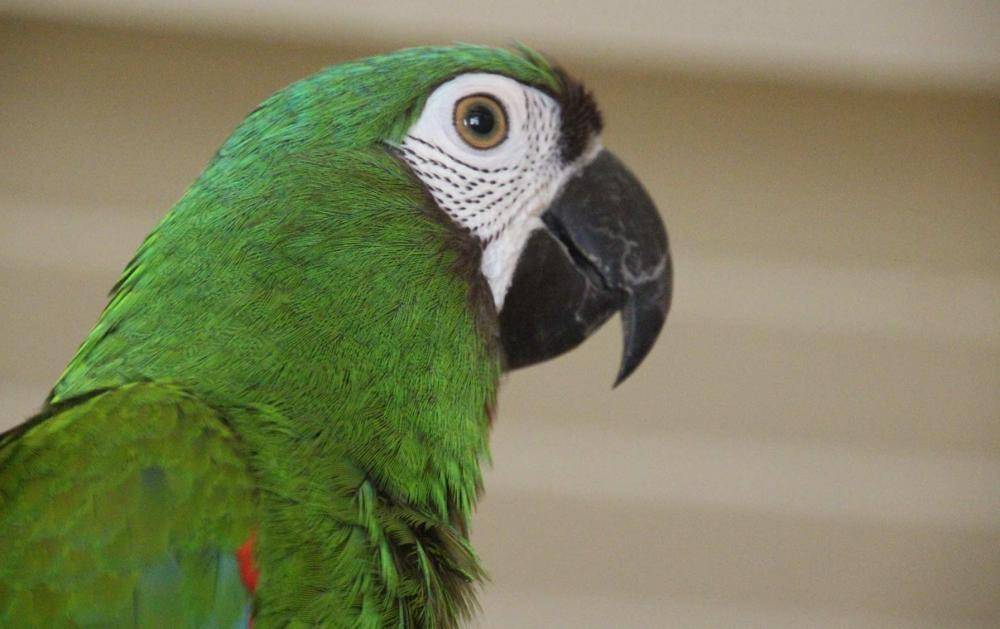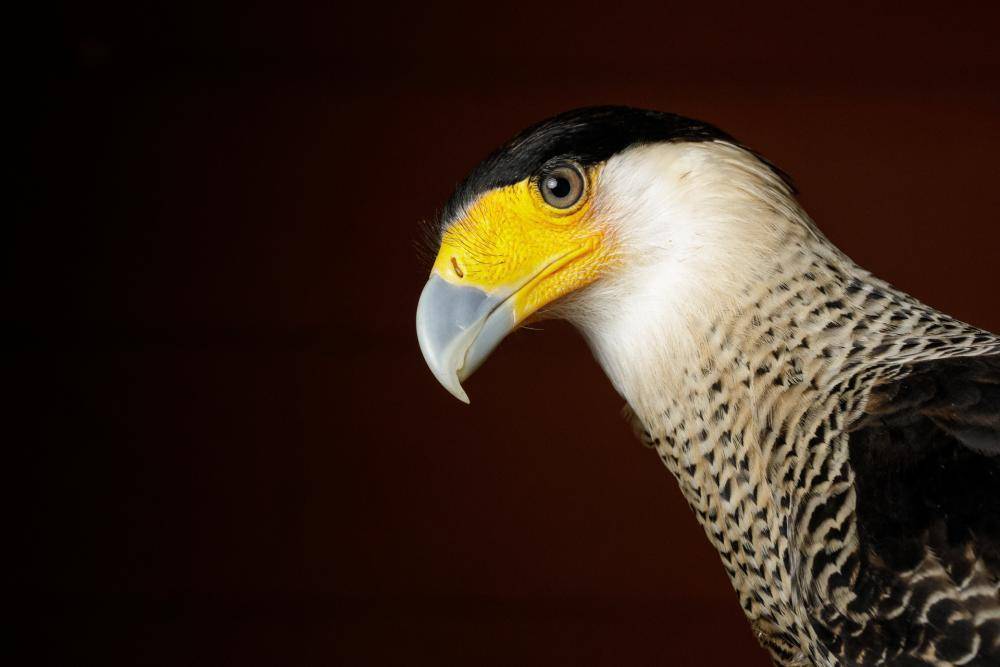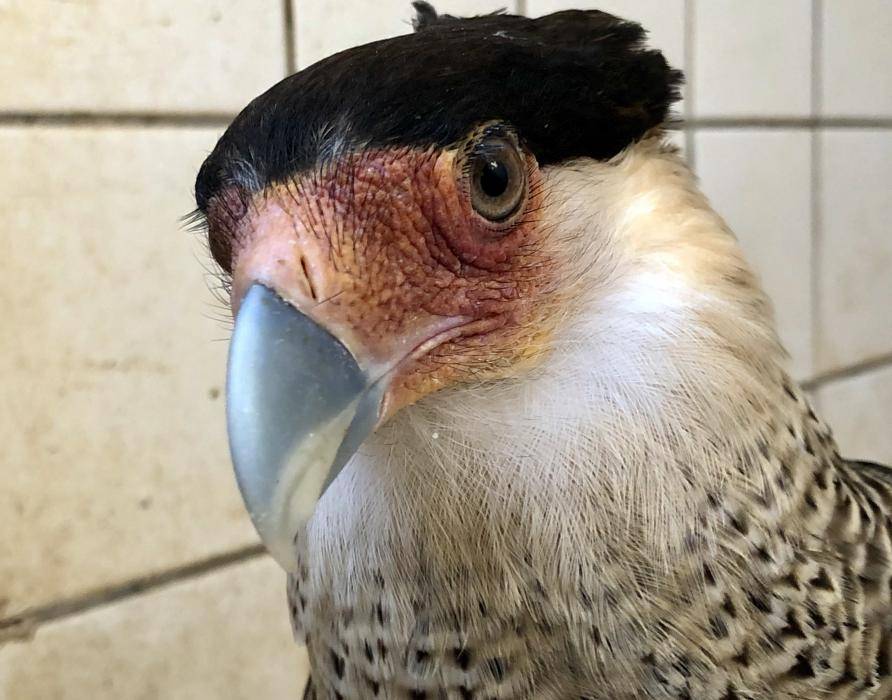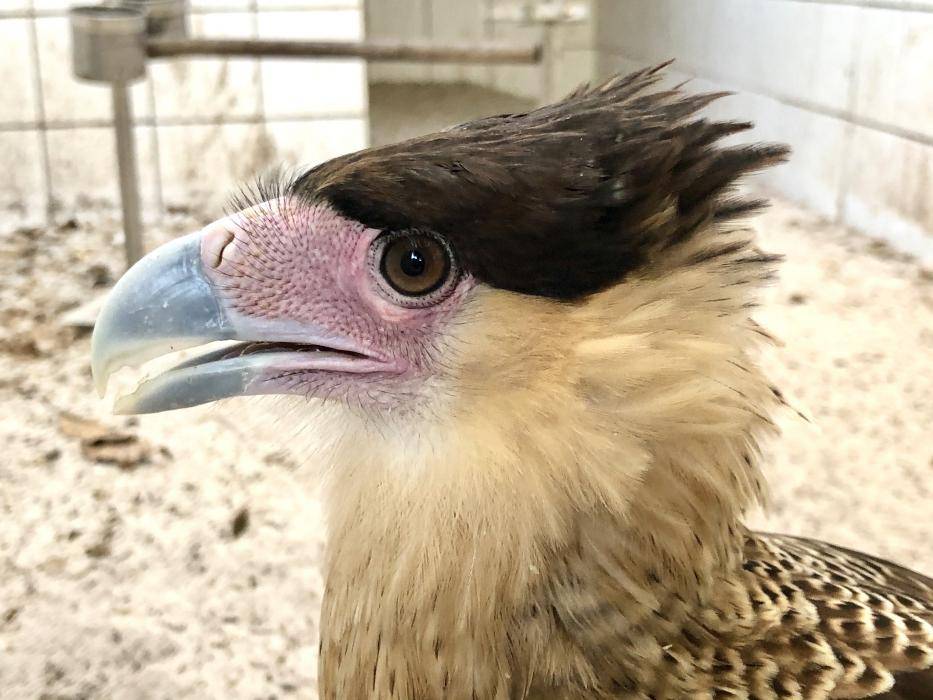The connection between flora, fauna and our relationship with them as a human beings is a important one; children need to understand what impact they can have on our environment. During our education sessions, we adapt to the age of the children we work with; with teenagers we discuss how their future jobs/profession may impact wildlife and how they can be the driving force behind making these neccesary changes to these practices making them safer for our nature.
The younger listeners get explained why balloons for example, even if they disintegrate after 6 months can pose a threat to the friends of the animals they see. Balloon examples are a big succes with children, therefore the message always comes across loud and clear. For Children hearing how something so simple can effect wildlife is a real eye opener. Drs. Doest further explains to the younger generatiom how painful it is to have to operate a bird to take out plastic residue that has been digested due to our carelessness as human beings.

